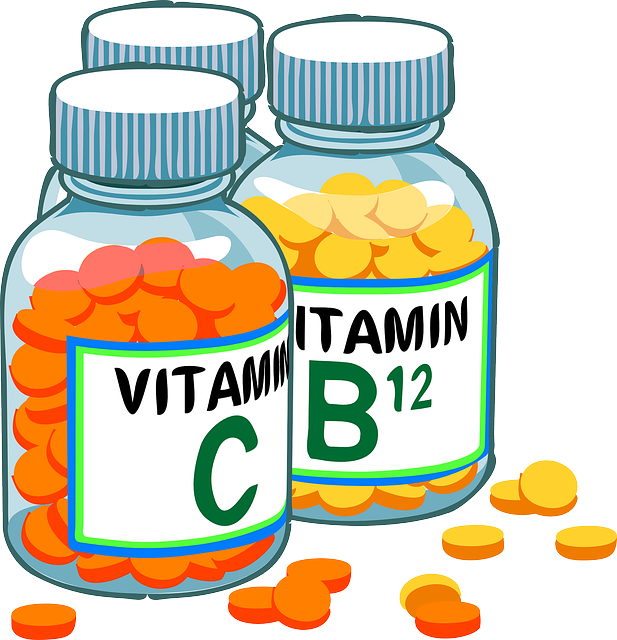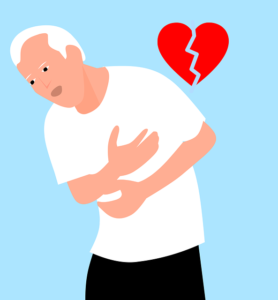As a health professional, I have seen firsthand the devastating effects of vitamin B12 deficiency. Not only can it lead to serious health problems, but it can also be difficult to diagnose due to its subtle signs and symptoms. In this article, I will provide a comprehensive overview of ICD 10 vitamin B12 deficiency, including its codes, causes, symptoms, and treatment options. I will also explore the link between B12 deficiency and cancer, as well as its impact on neurological health. Finally, I will offer self-care tips and prevention strategies for dealing with this condition, and emphasize the importance of B12 for overall health and wellbeing.
Introduction to ICD 10 Vitamin B12 Deficiency
ICD 10, or the International Classification of Diseases, is the system used by healthcare professionals to classify and code diagnoses and medical procedures. Vitamin B12 deficiency is a condition that affects millions of people worldwide, and it is classified under ICD 10 as D51.0. This deficiency can have serious implications for health, as B12 is essential for the proper functioning of the nervous system, the formation of red blood cells, and the synthesis of DNA. Unfortunately, vitamin B12 deficiency can be difficult to detect, as its symptoms can be subtle and varied.
Understanding ICD 10 Codes for B12 Deficiency
As mentioned, vitamin B12 deficiency is classified under ICD 10 as D51.0. This code is used to indicate a deficiency in vitamin B12, regardless of its cause. Other codes related to B12 deficiency include D51.1 (Vitamin B12 deficiency anemia due to selective vitamin B12 malabsorption with proteinuria) and D51.2 (Transcobalamin II deficiency). These codes are used to indicate specific types and causes of B12 deficiency. It is important for healthcare professionals to accurately identify and code B12 deficiency in order to provide appropriate treatment and care.
Signs and Symptoms of Vitamin B12 Deficiency
The signs and symptoms of vitamin B12 deficiency can be subtle and easily overlooked. They can include fatigue, weakness, lightheadedness, pale skin, rapid heartbeat, shortness of breath, sore tongue, and mouth ulcers. Other symptoms can include vision loss, depression, memory loss, and confusion. In some cases, B12 deficiency can cause neurological symptoms such as tingling or numbness in the hands and feet, muscle weakness, and difficulty walking. If left untreated, vitamin B12 deficiency can lead to serious health problems such as anemia, nerve damage, and even dementia.
The Link Between B12 Deficiency and Cancer
Recent studies have suggested a link between vitamin B12 deficiency and an increased risk of certain cancers, including breast, lung, and prostate cancer. One study found that low levels of B12 were associated with a higher risk of breast cancer in postmenopausal women. Another study found that B12 deficiency was associated with an increased risk of lung cancer in men. While more research is needed to fully understand the link between B12 deficiency and cancer, it is clear that maintaining adequate levels of B12 is important for overall health and wellbeing.
The Impact of B12 Deficiency on Neurological Health
As previously mentioned, vitamin B12 is essential for the proper functioning of the nervous system. A deficiency in B12 can lead to neurological symptoms such as tingling or numbness in the hands and feet, muscle weakness, and difficulty walking. In severe cases, B12 deficiency can cause permanent nerve damage. Additionally, B12 deficiency has been linked to an increased risk of cognitive decline and dementia in older adults. It is important to detect and treat B12 deficiency early in order to prevent these serious neurological complications.
Treating and Managing Vitamin B12 Deficiency
The treatment and management of vitamin B12 deficiency depend on the underlying cause and severity of the deficiency. In most cases, B12 deficiency can be treated with B12 supplements, either in the form of oral supplements or injections. In some cases, dietary changes may be necessary in order to increase B12 intake. It is important to work closely with a healthcare professional to determine the best course of treatment for your individual needs.
Self-Care Tips for Dealing with B12 Deficiency
There are several self-care tips that can help individuals with vitamin B12 deficiency manage their condition and improve their overall health. These tips include eating a balanced and nutritious diet, staying hydrated, getting regular exercise, managing stress, and getting enough sleep. It is also important to avoid smoking and excessive alcohol consumption, as these habits can further deplete B12 levels.
Preventing B12 Deficiency in Older Adults
Older adults are at an increased risk of developing vitamin B12 deficiency due to a decreased ability to absorb B12 from food. To prevent B12 deficiency in older adults, it is important to consume adequate amounts of B12-rich foods such as meat, fish, eggs, and dairy products. Supplementation may also be necessary in some cases. Regular check-ups with a healthcare professional can help detect and treat B12 deficiency early.
The Importance of B12 for Overall Health
While vitamin B12 deficiency can have serious health implications, maintaining adequate levels of B12 is important for overall health and wellbeing. B12 is essential for the proper functioning of the nervous system, the formation of red blood cells, and the synthesis of DNA. Adequate B12 levels can also help improve energy levels, mood, and cognitive function. It is important to prioritize B12 intake through a balanced and nutritious diet or supplementation.
Conclusion: Taking Control of Your Health and Wellbeing
In conclusion, vitamin B12 deficiency is a serious condition that can have significant impacts on health and wellbeing. Understanding the signs and symptoms of B12 deficiency, as well as the ICD 10 codes and treatment options, is essential for the proper diagnosis and management of this condition. By taking steps to prevent and manage B12 deficiency, such as eating a balanced diet and getting regular check-ups, individuals can take control of their health and wellbeing. Remember, B12 is essential for overall health, so prioritize its intake and stay healthy for years to come.
If you are experiencing any of the signs or symptoms of vitamin B12 deficiency, or are concerned about your B12 levels, please consult a healthcare professional for proper diagnosis and treatment.



